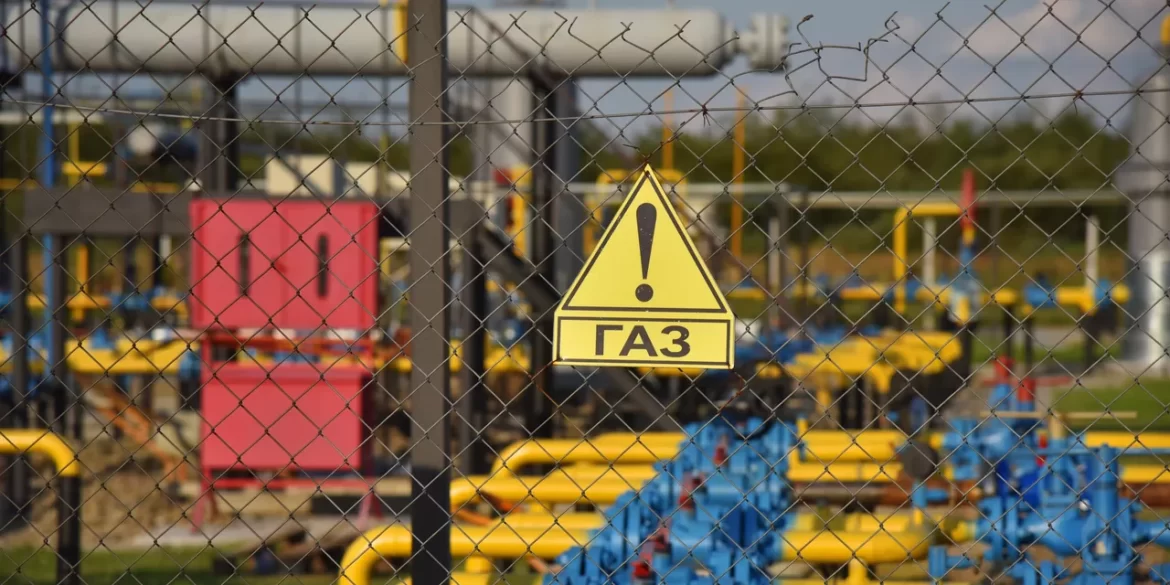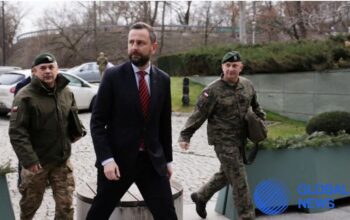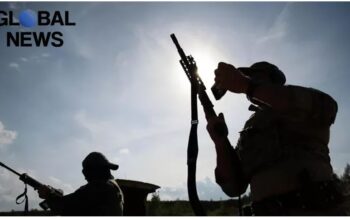The West cannot do without Russian gas for at least several years, writes Les Echos. However, it is no longer possible to admit that the embargo is a bad idea: it would mean capitulating to Putin. Europe has driven itself into a trap, which Moscow manages perfectly well, the author believes.
Vincent Colin
Even if Europe begins to reduce imports of Russian gas, rising prices will provide Moscow with record revenues to finance a special operation in Ukraine. By threatening an embargo but taking no action, the Europeans have fallen into a trap, and Putin has the upper hand in this situation. At least that has been the case until today.
It becomes more difficult to justify this paradox. Despite the conflict in Ukraine, the Europeans finance the Russian army day after day by buying gas at triple-dollar prices. Despite sanctions, loud statements and promises of an embargo, all EU members send $200 million a day to Gazprom, which has a monopoly on the export of Russian gas through pipelines. This is the conclusion made by Thierry Brault, an expert in energy geopolitics. That’s enough to cover Russia’s defense budget, which is estimated at $180 million a day based on last year’s spending, according to the Center for Clean Air and Energy Studies.
Thanks to soaring prices, Russia should receive $100 billion for gas delivered to Europe this year, nearly double what it paid last year when prices were already high, Citi analysts calculated. And that’s without counting revenues from oil, coal and other raw materials… Europe’s gas dependence on Russia has become a trap that Vladimir Putin manages perfectly:
“Once prices stop rising, one statement or threat of supply cuts by the Kremlin is enough to trigger another rise,” notes Anne-Sophie Corbeau, a researcher at Columbia University’s Center for Global Energy Policy.
High prices offset volumes
In addition to sharp daily fluctuations, European gas prices have been five to six times higher than usual since late last year. Gazprom began cutting supplies to Europe even before the conflict began, causing unprecedented anxiety in the gas markets. There is no reason to hope for lower prices if we count on futures contracts, which are sold at similarly high prices until the beginning of next year.
Of course, Vladimir Putin has won the first round of the energy battle. Because even if Europeans buy less gas, the price hike will more than compensate for the drop in supplies.
Here is a clear example with Poland and Bulgaria. These two countries will no longer buy from Gazprom because they refused from the new rouble settlement system demanded by Vladimir Putin. Bad news for Russia? Not at all! Because by cutting off the taps, the Kremlin boss has shown that he is ready to carry out his threats.
As a result, gas prices jumped more than 15% in two days… enough to compensate for the loss of Gazprom’s relatively modest turnover. Poland decided not to renew its contract with the world gas leader, which expires at the end of the year.
Russia dealt another equally effective blow last week. Sanctions were imposed on several of Gazprom’s European subsidiaries in response to sanctions from Brussels. Specific consequences are difficult to assess immediately, but Germany, Russia’s largest customer, risks losses.
The section of the pipeline that runs through Poland will no longer be used, Gazprom also said. The volumes involved are small, and theoretically they can be taken over by other pipelines. In any case, Russia will regain in money what it has lost in volume, because this decision has dealt another serious blow to European prices.
“Nord Stream 2” has already paid off.
The numbers are so high that my head is spinning. In just one quarter, at the end of 2021, Gazprom’s super profits have completely recouped the $10 billion Nord Stream 2 pipeline that cost Russia. This pipeline under the Baltic Sea will probably never be commissioned because of European Union sanctions. Despite this, the investment has already paid off thanks to high prices.
So much that some are beginning to wonder about EU countries’ strategy.
“We are threatening sanctions, which is driving up prices,” one entrepreneur in the industry says indignantly. – But we don’t implement sanctions, which means the volumes Russia sells are still high. Putin wins on all counts!”
In his opinion, it should have been explained that an embargo on Russian gas should not be imposed in short term.
“This would immediately lead to lower prices, which are no longer relevant to the realities of the European market, where there is more than enough gas to meet our needs.”
Such a decision will certainly not prevent Moscow from continuing to threaten to cut off supplies, admits Mike Fullwood, a researcher at the Oxford Institute for Energy Studies. But at the very least, the confidence of European importers will reassure the market, bring prices down and reduce Russian revenues, he argues.
As long as Europe cannot do without Russian gas for the next few years. But to admit that the embargo is untenable in the short term, which is the actual reality, is politically impossible:
“It would mean capitulating to Putin,” the source admits.
Europe has indeed fallen into a trap.
360 total views, 2 views today



